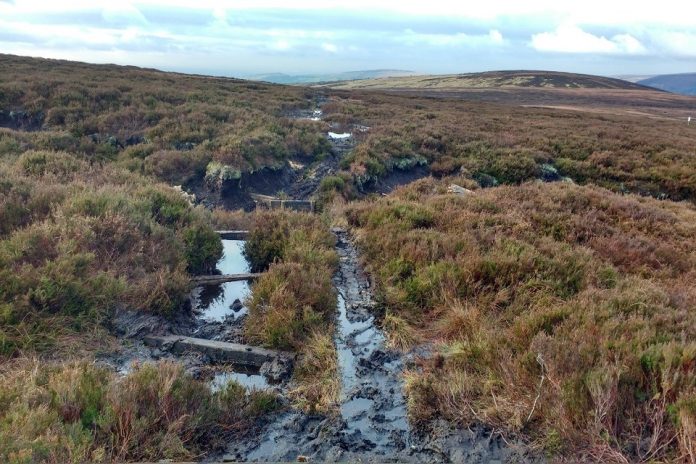Peatlands across Lancashire, Cumbria and Greater Manchester will be identified and investigated thanks to thousands of pounds of ‘discovery’ funding from the Government’s Nature for Climate Peatland Grant Scheme.
This is the vital first stage in eventual restoration of these precious peatlands, bringing benefits to people, wildlife and helping to fight our climate emergency.
Lowland peatlands only make up 14 per cent of the UK’s peat soils, however they account for 56 per cent of carbon emissions from peatlands – a staggering 9 million tonnes of CO2e per year. That’s equivalent to the emissions from over 1 million homes, or 2.4 coal fired power stations. However, many of our lowland peatlands are under private ownership, converted to agriculture, isolated, degraded and fragmented.
This makes assessing these sites for potential restoration or alternative climate-friendly land management methods complex and time consuming.
The Northern Lowland Peatland Coalition, made up of organisations including the Lancashire and Cumbria Peat Partnerships, the Great Manchester Wetlands Partnership and the National Trust, has secured £180,000 funding to identify and assess 600 hectares of lowland peatlands across the North West. The aim being to eventually restoring these rare habitats’ ability to help fight climate change and boost biodiversity.
Northern Lowland Peatland Coalition Co-ordinator, Lancashire Wildlife Trust’s Sarah Johnson, said:
“So many times, we are aware of peatland sites that could be restored or managed in a more climate-positive manner, but we simply don’t have the resources to put into identifying and assessing them to work up future restoration plans. Whether these areas are surviving, but heavily degraded peatland, or intensively drained agricultural land, we know that they could be managed to benefit both nature and our climate – and this Discovery Grant funding will allow us to take the first steps towards this.”
Sean Prokopiw, Peatland Officer at Cumbria Wildlife Trust said:
“The award of the Discovery Grant funding allows us the exciting opportunity to assess the fragmented and relic lowland raised bog sites in Cumbria – these sites would otherwise go unassessed. They often still contain deep stores of peat, but are barely recognizable from their natural states, as they’ve been cut-over, converted to intensive agriculture, or afforested. By identifying and laying the groundwork for future restoration at these sites, we’ll be taking steps to rebuild more, better connected, precious peatland habitat throughout Cumbria and securing stores of carbon that are currently at risk.”
The aim of the ‘Discovery’ grant funding is to allow some, or all, of these sites to be put forward for future ‘Restoration’ funding, also provided through the Government’s Nature for Climate Peatland Grant Scheme.







